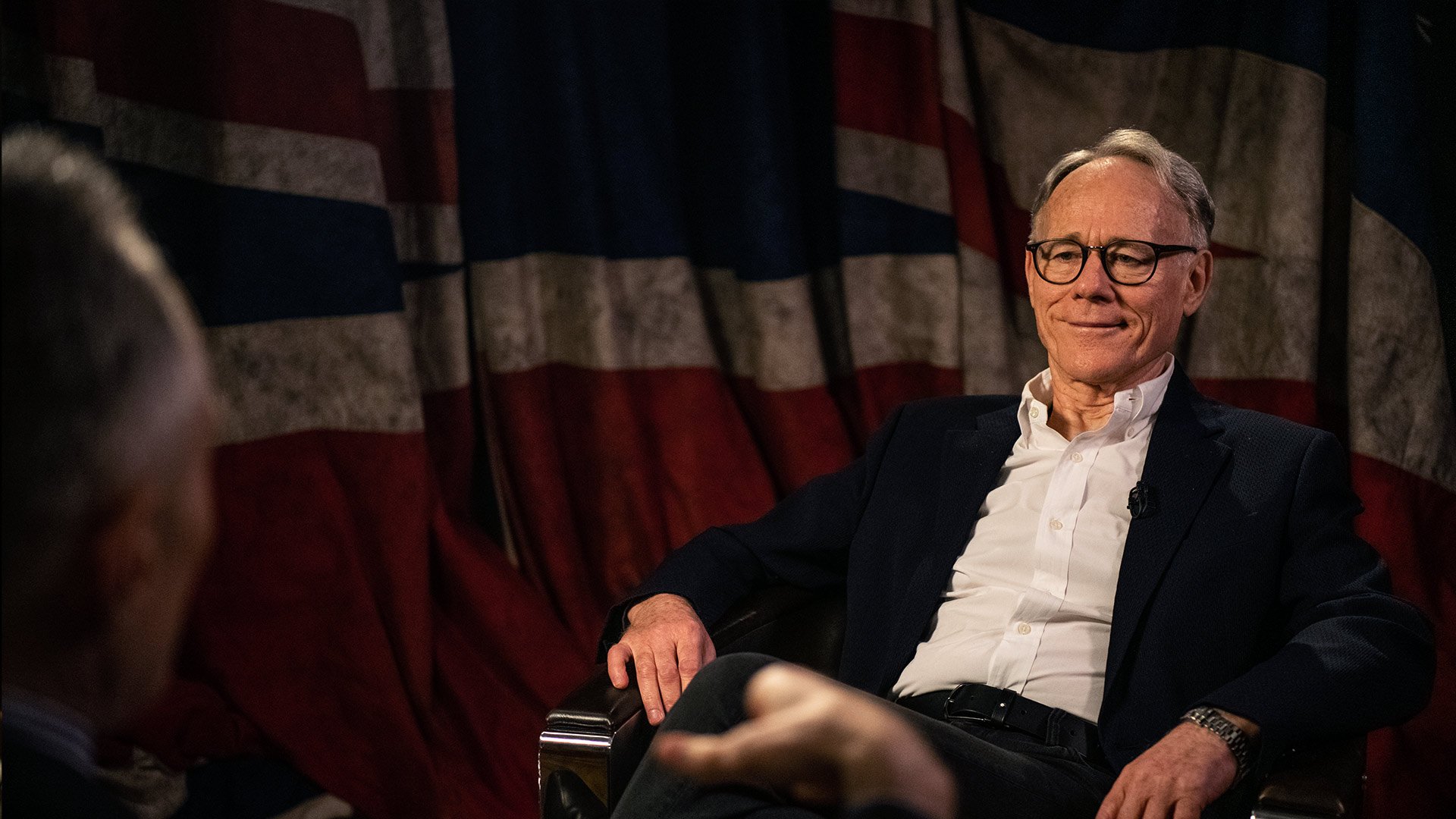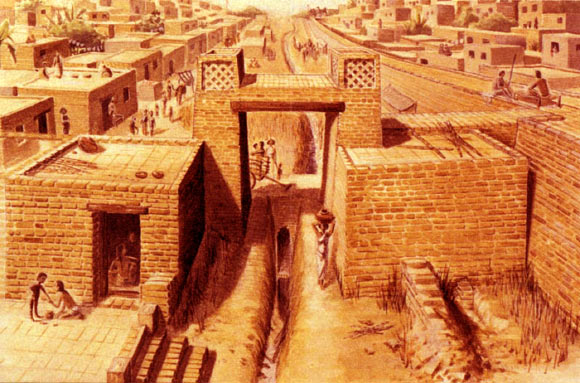One of the most dangerous moments for an ancient subject is when it comes to its accuracy, of course. The history we are taught in our schools about civilizations in Mesopotamia, being the oldest, began nearly 2500 years ago, which is not true. Modern-day historians regard this history as developed by the Imperial culture; the Imperialistic community prepared this false history. The dominant sentiment of conscience raises few questions. Is it true that life began in the Harappan and the Mohenjo-Daro eras? No. Are school lessons accurate? No. Does the Education Department need to change the history textbook context? Yes. Textbooks are missing so much, about the Chola Dynasty of Tamil Nadu, the Ahom Dynasty of Assam, and about Chhatrapati Shivaji Maharaj.

Apart from the incomplete context, the history that was taught created two major ideological differences among the students;
The concept of State-Nation
What we take back after reading history texts is broadly about the state-nation concept. Few of us hardly know that the nation-state way of living is a fancy way of living for communities. We started to believe that the nation-state concept is the baseline of Indian history, but it is actually the baseline of European Imperialism culture, which began when Europeans came to the Asian countries. And because of this, we consider “boundaries” before studying history. Chapters are distinguished according to the region, rather than civilizations. It implants a conceptual framework of borders, nations, flags, and the struggles for liberty.

Because of this state-nation concept, which is white men’s history, students are not aware of brown men’s history, yellow men’s history, or Amazonian history. There used to be a whole different civilization in the equator zone, but the presence of all of these was wiped out because of imperialism. Modern-day medicine is a white man’s subject. Subjects from yellow men and brown men are not mentioned anywhere.
Disturbed Patriotism
After reading the hectic struggle of freedom fighters, it is naturally inbuilt within the masses that they should ONLY respect their country. There should not be any kind of love for a particular man-made border. We must note, from the previous point, that nations always crumble, dynasties crumble, and if so, then love and strength would also crumble. This is not how history should touch human emotions and sentiments. Subjects are not meant to dominate them.
The overall Indian history, which was ruled by the British, implants a seed of paying homage to only India. We’re only seen respecting nations rather than our Indian culture. There’s no harm if one finds one of the Chinese cultures to be attractive. We should learn to respect our culture rather than that of a particular country.

Historians like Graham Hancock suggest that history is on the brink of rewriting itself all over the world. Not only in India but also in America, there are a lot of untold pieces of information which are being discovered lately. Several lessons can be learned from history.
People have started to realize that “Rigveda” itself is considered to be the oldest text in the world, dating back to about 10,000 B.C. Why? Because there’s a mention of the Saraswati river in the Rigveda, which went underground about 1000 years ago, the Rigveda describes the nature of civilizations on the planet according to the past. In reality, Archaeology and historians are constantly discovering new secrets about the real history of India, but in textbooks, we are taught slightly false history. So, our job as Indian youth is to discover what’s true. Rediscover your country and have pride in being Indian.
Also Checkout: Muslim women: A prime target for misogyny in BJP-led India












